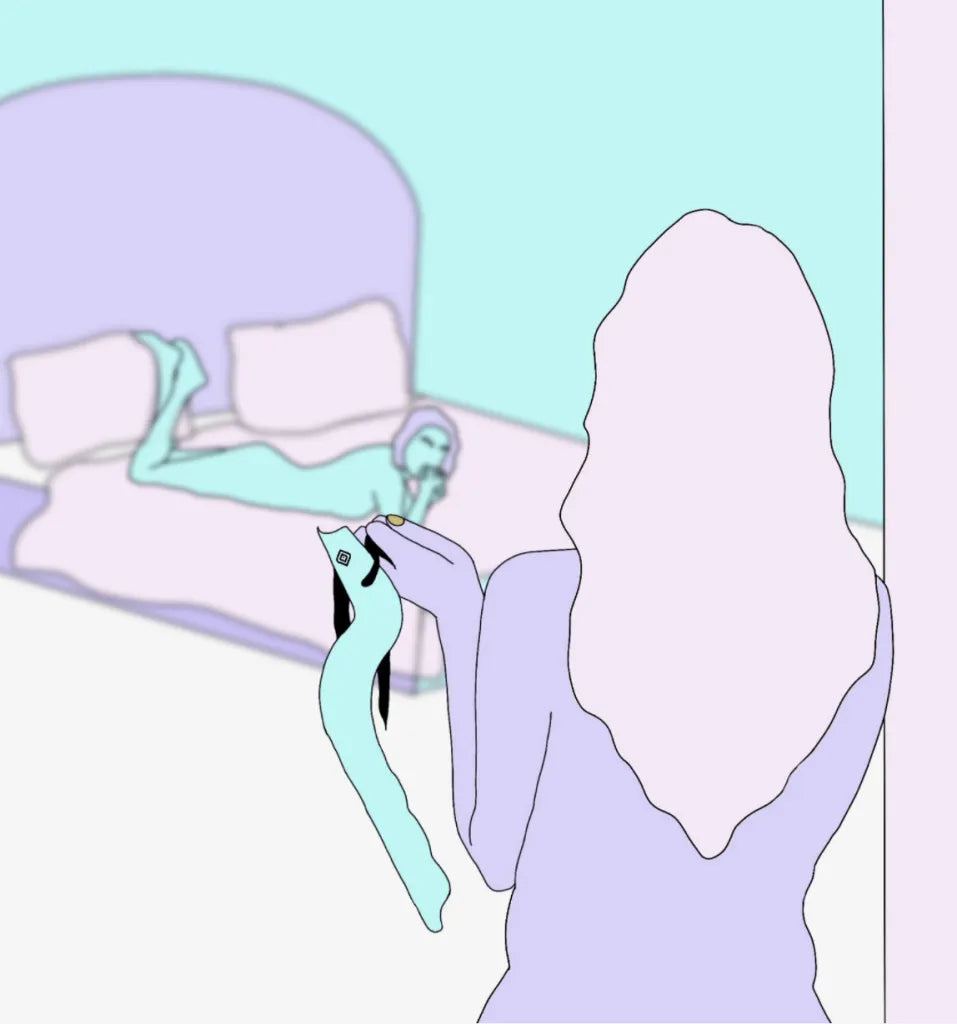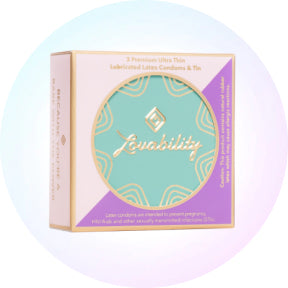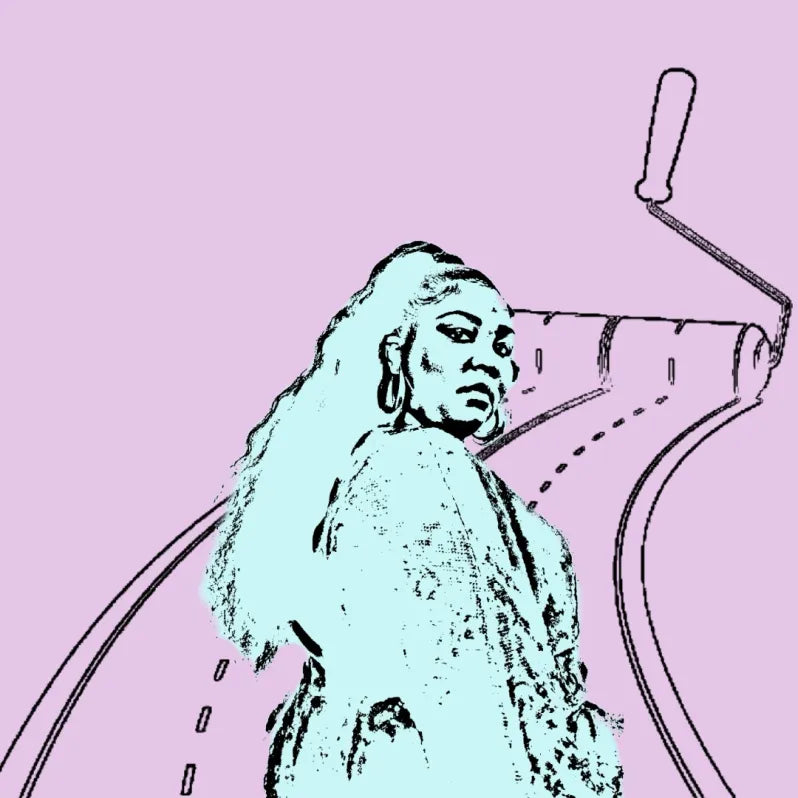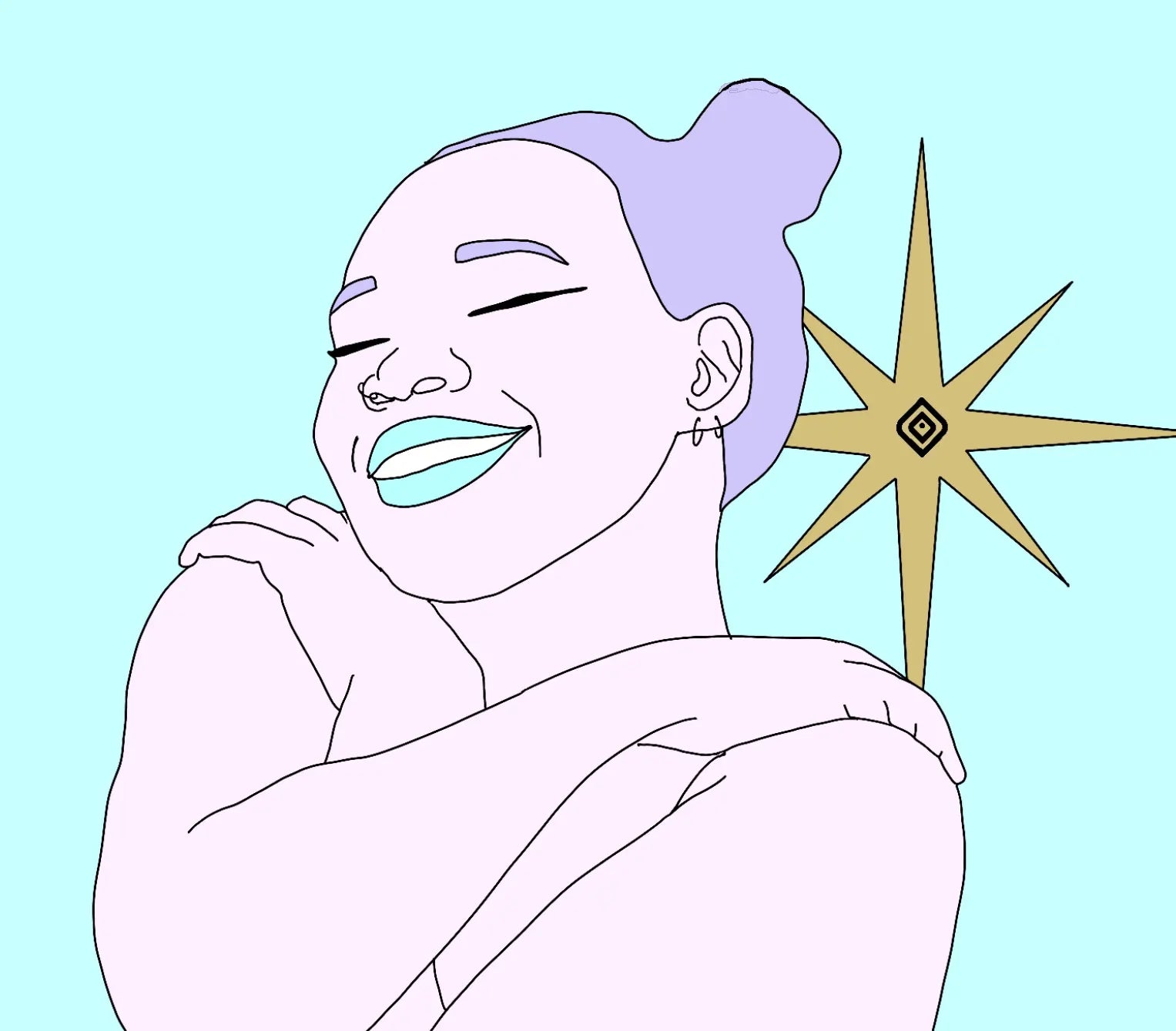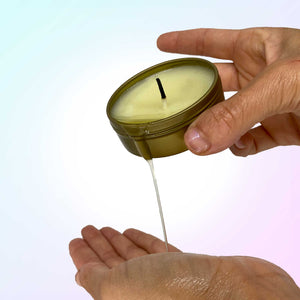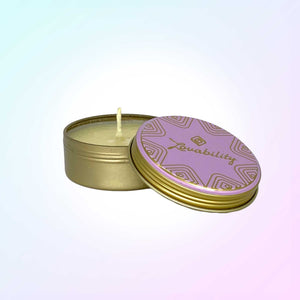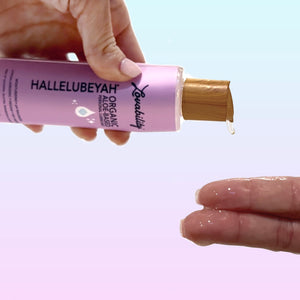Elevator doors, mailboxes, traffic lights, streetwear, sneaker culture, basically every music genre ever, and much much more, were created by Black folks. In light of the recent string of murders committed by police, I’ve seen the world wake up. Finally, people are learning the details and intricacies of how their entire life as they live it required the labor, culture and imagination of Black people. We can no longer push aside how the society we all participate in has benefitted from 400+ years of slave labor and the exploitation of the African diaspora all over the world.
We’re talking about a lot, but have remained pretty quiet when it comes to sex-positivity. “Sex-positive” has always been a label I identify with. Our philosophical movement pushes to change how society operates around sex. We value empowerment, choice and consent. We are accepting of different sexualities and different ways of experiencing pleasure. Since the movement is generally so inclusive, I think sex-positive people may feel they aren’t complicit in the erasure of Black efforts.
But, as Black people have been saying a lot during this moment in time, it’s not enough to not be racist, you should take active steps towards being anti-racist. Part of that is learning about Black history, in as many facets as you can.
So here are just some of the key ways Black folks have contributed to the sex-positive movement we have today.
How Black Women Contributed To The Sex-Positive Movement
Things the Colonizers Brought: Disease, Famine, Sexual Stigma
The everyday life of the Huron people, indigenous to Ontario, Canada, was abruptly interrupted in the early 1700’s, when Baron de Lahontan and the French Military invaded. Before that day, the Hurons led what we might today call a sex-positive society. They preached consent, rejected jealousy, normalized divorce, allowed women to initiate divorce proceedings, and did not hold their daughters to any standard of purity. “A young woman is master of her own body, and by her natural right of liberty is free to do as she pleases”, the Hurons are claimed to have said.
Though this article isn’t about Indigenous people (that’s a follow up I’d love to write), I’m choosing to share the story of the Huron people – a sex-positive community whose culture was harshly judged and then nearly eradicated by the French – to remind you that sexual stigma is a white, colonial invention. Stigma’s persistence doesn’t and can’t serve those who were never meant to be served by colonization (ie. BIPOC, queer folks, etc). The story of the Huron people shows how sexual shame is a means of asserting white supremacy.

African Acceptance
There are many many more examples both on these Instagram accounts and in the reading The Lies we Have Been Told: On (Homo)Sexuality in Africa. This means as far as de-stigmatizing LGBTQ+ folks, many countries in Africa were some of the first. I encourage you to do some research; this is history that is being kept from the mainstream.
Escaping Slavery, Escaping Sexual Stereotypes
Moving back to a discussion on the United States, the existence of slavery regulated the lives of most black people here. As more women were forced into slavery, they were frequently raped by slaveowners. In an attempt to evade guilt or public backlash those slaveholders created a narrative, they perpetuated the belief that Black women were merely vessels for sexual desire.
This narrative was called the “Jezabel” stereotype, which meant a Black woman with an endless thirst for sex, who sought white men rather than Black men. This stereotype also served to pose white women as innocent and pure. This means that originally, the process of learning how to evade sexual stereotypes was a Black woman’s burden. Black women had to figure out how to do this first, so that you can know how to do it now.

The Revolution… Via Porn
So just how did we escape those stereotypes and create our own narrative? As discussed in Jennifer Nash’s book Black Body in Ecstasy: Reading Race, Reading Pornography, black women’s resistance has been documented in porn (since there hasn’t been an effort to formally document Black history through most of this country’s existence). Excluded from the work force by the intersections of their identities, many Black women through history found themselves engaging in sex work. Nash’s term “illicit eroticism” describes how Black women in porn as early as the 1930’s flipped that hyper-sexualized stereotype to profit from it, to “confront and manipulate” the way they were judged. The subtle acts of resistance that fall under illicit eroticism included using exhibitionism to expose the forbidden sexual desire non-Black people hold for Black women, which they mask with disgust. Or how Black women in porn market themselves, taking on the persona of pornstars, focusing their efforts on their physical appearance and their promotion, as a way to fight to be justly compensated.
Long before the sexual revolution of white women, Black women in porn were hosting a revolution of their own – only they had to be stealthier and do it without recognition or praise.

Conceiving Contraceptives
Early Africans are believed to be the first to invent birth control. They used pulling out, periodic abstinence and intra-vaginal plugs made of roots and grass. As ancient Greek and Roman societies started to adopt these natural contraceptives, they relied on African herbs which they gained through settler colonialism.

It follows that the first groups of enslaved people in the US retained some of these early birth control methods, only within the context of slavery, their use was strategic. Black enslaved women who were deemed “breeding slaves”, in the South specifically, used birth control and abortives to avoid having their master’s children or children from arranged marriages with enslaved men. They did so to keep white slaveholders from gaining more slaves. Because of this, slaveholders accused these women of having a “secret knowledge”. These women’s innovations not only kept their potential offspring from a horrible future of enslavement, but kept white supremacist slaveowners from profiting that much more. That’s pretty powerful if you ask me.
The OTHER Fight to Choose
In the 1970s, at the same time white women were fighting for their right to have abortions, Black women were fighting for their rights not to be sterilized. A slew of involuntary sterilization abuse scandals culminated with the Relf v. Weinberger lawsuit, when two pre-teen girls in Alabama were sterilized without their consent under a government funded program. White America could no longer deny that Black women (and other POC, trans & GNC folks, and men) were being systematically kept from childbearing. And so, Black and Brown women fought back. The Committee to End Sterilization Abuse partnered with the National Black Feminist Organization to advise the New York City Health and Hospital’s Corporation on how to end forced sterilization. They implemented new guidelines to ensure anti-forced-sterilization laws were actually being followed in hospitals.
Our fight against sterilization is probably not over, seeing as there’s evidence of incarcerated people being sterilized against their will as late as 2013. Forced sterilization still seems to take the back burner to other issues as far as many white feminists are concerned. But there are efforts to change that. Erika Cohn’s film Belly of the Beast was presented in partnership with the Black Women’s Health Imperative at the Human Rights Watch Film Festival. Though not available to stream now, it will be soon on the filmmaker’s website, and you can follow the film’s Instagram. You can also sign this petition to demand reparations for women in California who were wrongfully sterilized.

So now you know. There’s a lot more to the history of sex positivity than the orgies of the 60’s and the Playboy mansion. Black women taught us what de-stigmatization means, they displayed liberation in their sex work, they strategized around their choice to conceive and control over their bodies, and then fought so other black women could do the same.
Let me know in the comments what historic moments or present day injustices I might have missed. Or if you learned something new!
About the Author
A junior at New York University currently studying Gender and Sexuality Studies, Tara Jones hopes to get her Masters in Human Sexuality and go into either sex therapy or sex education. She wants to bring attention to how injustice manifests in sexual interactions and the orgasm gap.
More Articles You Might Love
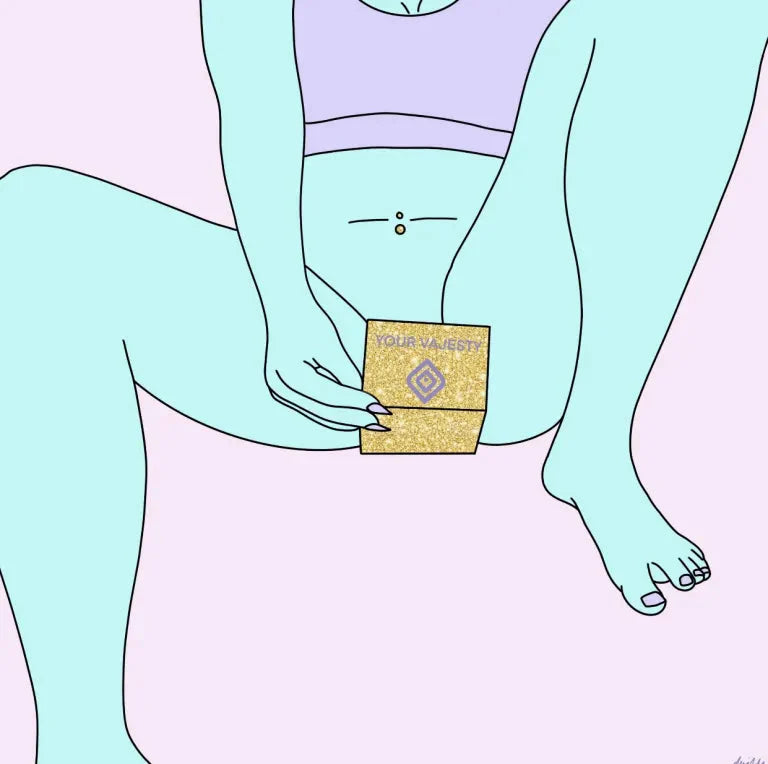
Get To Know Your Vulva
